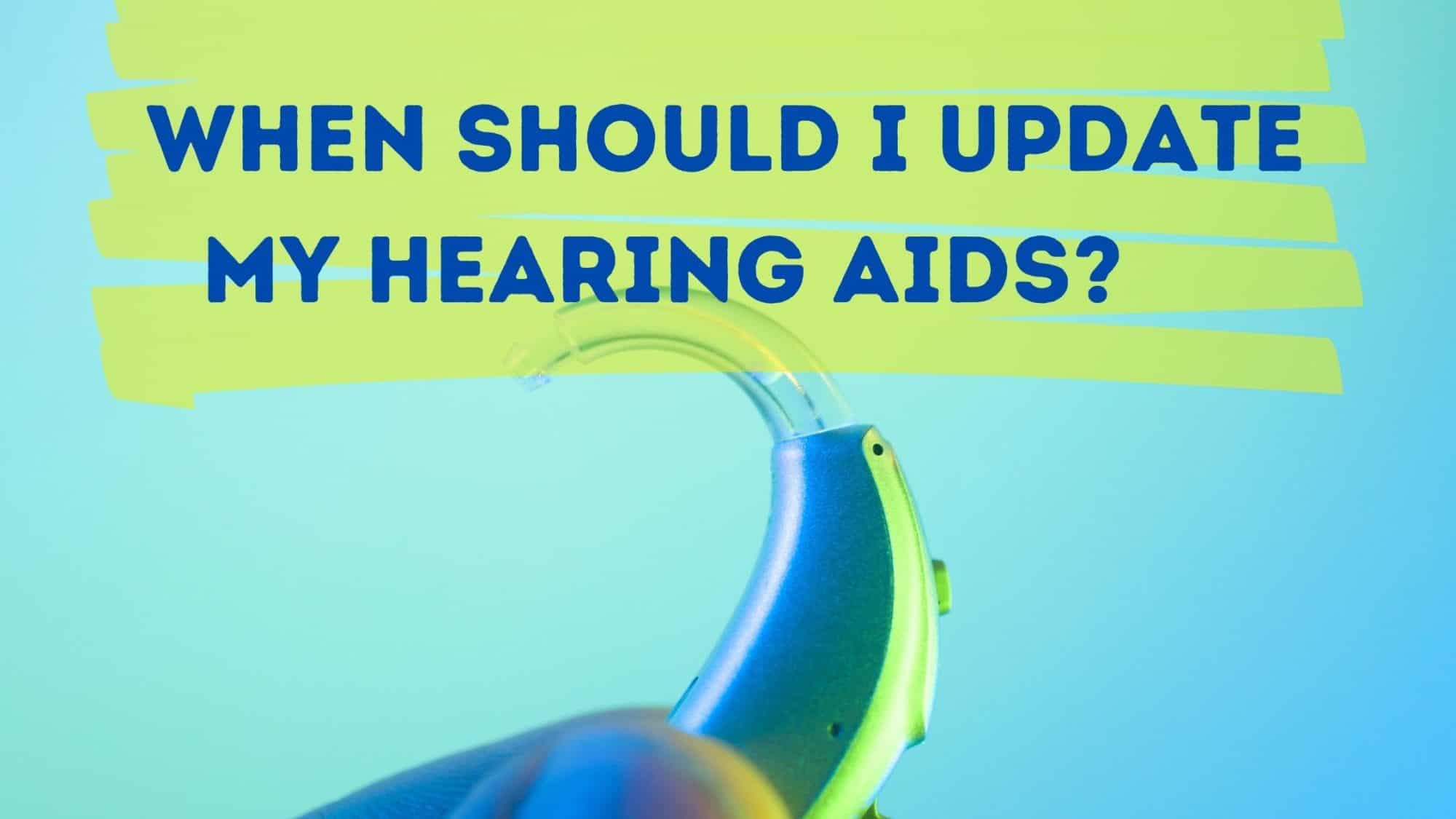- The Connection Between Hearing Loss and Dementia - July 30, 2024
- The Advantages of Rechargeable Hearing Aids - July 16, 2024
- How to Enjoy Music Festivals While Protecting Your Hearing - July 3, 2024
Hearing aids must endure intense conditions. Think about it, unlike many of your personal devices, they’re exposed to the elements whenever you are. And, for a mechanical object, they must sit in a moist environment. The ear is many things, but perpetually clean and dry it is not. Damp, waxy environments are not ideal for mechanical instruments. And all machines require certain amounts of maintenance to function optimally.
After a number of years of working day and day out for you, your hearing aids will eventually reach a breaking point. But there is quite a difference between completely unworking hearing aids and those that might just have a few kinks to work out. So, how do you know when it’s time to update?
If your hearing aids aren’t performing well
One of the biggest mistakes you can make with your hearing aids is to accept a sub-par performance. Many people choose to just deal with it, or more insidiously, the change happens so gradually they don’t even know the performance of their hearing aids is declining.
The truth is that your hearing aids may have reached the end of the line. Or, they might need a quick and simple fix. But, you won’t know until you bring them in for diagnostics. If you have even the slightest inclination to believe that your hearing aids used to be better, make an appointment to have their performance tested.
Think about your hearing situations and needs
Your hearing aids play a role in many different listening scenarios. Ask yourself what situations you find yourself relying upon your hearing aids the most. Is it in a classroom or workplace? Television or film viewing? Phone conversations with far-away grandchildren?
Then, ask yourself whether your current hearing aids are living up to your expectations in each scenario. If you have an older model and think that an upgrade would perform better, making each listening scenario easier and more enjoyable, then it might be time for your hearing aid update.
Has your hearing loss changed?
Like everything else in life, change is the only constant. It’s likely that over time, your hearing loss will change. Many times, small changes in hearing loss can be accommodated with some alterations to the settings of your current hearing aids. Sometimes, though, a more dramatic change in hearing loss necessitates new hearing aids.
Has your body changed?
After major body changes, like more drastic than normal fluctuations in weight or even changes in bone density over time, hearing aids need to be refitted. This can be a great time to also investigate options in updating your hearing aids, but it’s certainly not necessary. What is paramount is making sure that the hearing aids you are wearing fit comfortably, so that they continue to be a factor in enhancing your life, not in creating unnecessary discomfort.
Are you eligible for new hearing aids via Medicaid or insurance?
Your health insurance plan may have a portion dedicated to hearing health. Most private insurers do not have generous policies in place, but government-funded or mandated hearing aid financial support may be newly available to you. In Florida, for instance, Medicaid entitles you to one hearing aid per year every three years. Perhaps you are eligible for an update, in which case you should have a conversation with us to see if it’s a good time to pursue a newer model.
Are you a tech early adopter?
Maybe you are simply a person who gets a new phone every year, the latest 4k television experience and has sought out this article because they need an excuse to get their hands on the newest tech-ified hearing aid model on the market. If that’s you, then let us assure you that you don’t need an excuse. If being tech-savvy is part of your identity and it makes you happy to seek out the latest gadgets, then who are we to say you have to stick with your hearing aid model?
We’re here to help!
The truth is that there is no one-size-fits-all timeline as to when you must replace your hearing aids. If you’ve started to wonder if it’s time for a new pair, then that in itself is a good clue that it’s time to check in with us! We are happy to help guide you toward a better fit, or help you figure out how to get the most out of the pair you’re currently wearing.

